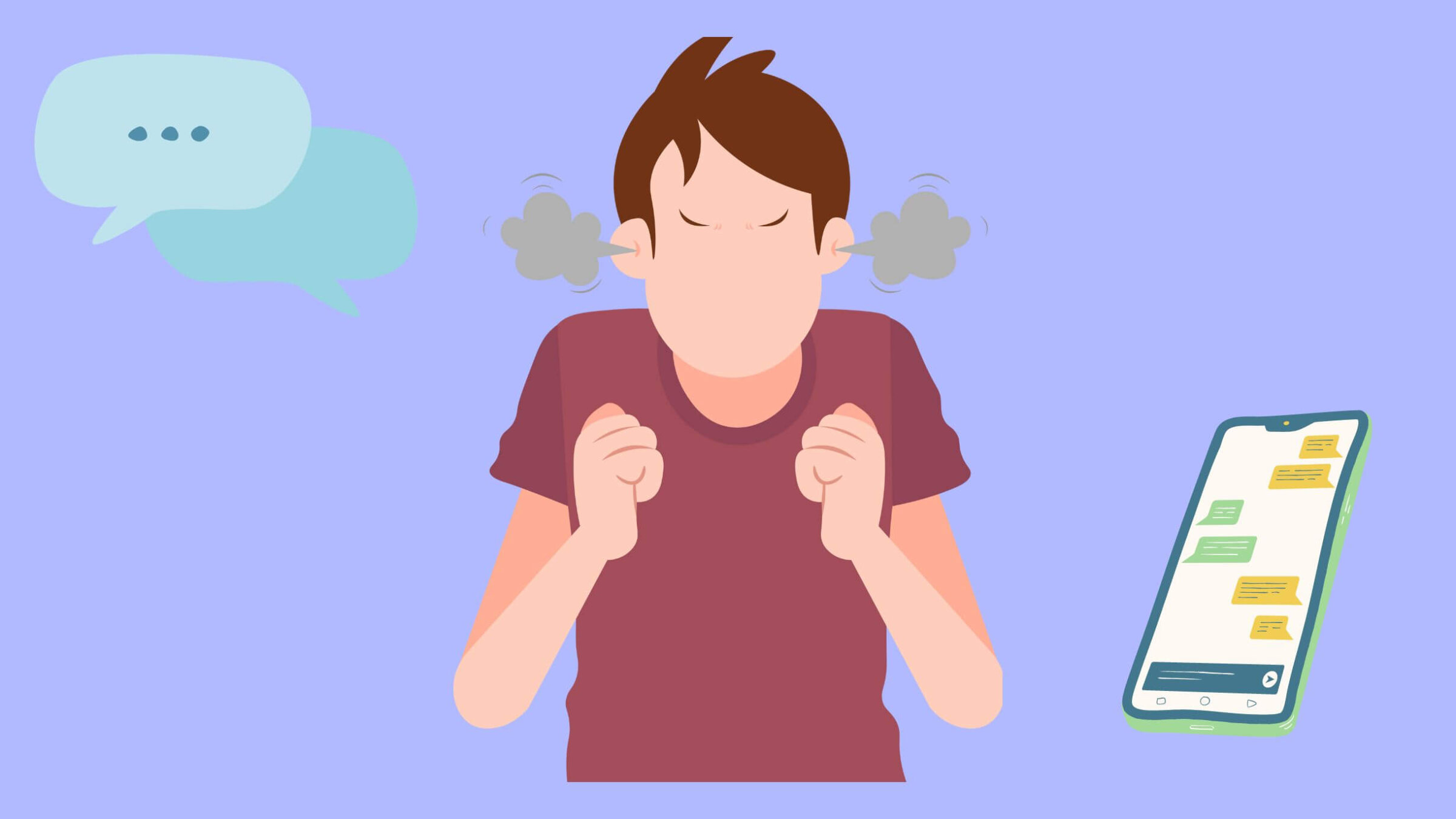I’ve been hate-scrolling social media to get through the war — I think I finally understand why
My TikTok and Instagram algorithms are making me rethink everything I believed about my own values

Is there something wrong with our algorithms — or just something wrong with us? Graphic by Forward Collage
This piece was translated by Jessica Cohen, and originally published in Etgar Keret’s Substack newsletter, Alphabet Soup.
During yet another sleepless night last week, I decided that instead of counting sheep, I would do something more fashionable and count antisemites on TikTok.
My insomniac roaming led me to a BBC news program in which, after the dramatic intro, I was greeted by the affable news anchor, Maryam Moshiri, giving me the middle finger. (For those of you who think this is another one of my fantastical alternative facts, here’s the link). Surprisingly, I did not take offense at this unusual encounter. Quite the opposite: Moshiri’s gesture broke the ice between me and the international news channels.
It was as if she was saying, “Hi, Tel Aviv friend! Look, we both know you’re not really watching BBC for the news – you’re watching it to get annoyed. So instead of looking for convoluted ways to end up feeling cheated and hurt, let’s keep things simple: We’ll start the show with an obscene gesture right in your face, and go from there.”
When I first started using Instagram, four years ago, the search page offered me countless charming options: fluffy pets, breathtaking views, carefree dancers, and lots and lots of beautiful people in swimsuits. But when I log on to social media these days, most of what I see is the rubble of bombed buildings, dead bodies and furious monologues, with nary a cute kitten in sight.
What does this say about me? What does it say about the apps, and about the world, beyond the fact that the relationship between all of us seems to have soured?
The obvious explanation for the change is that the world is different now. The adorable guinea pigs of four years ago are long-buried under the rubble. Or it could be that while the various algorithms of various apps were quite fond of me at first, they soon began to develop a lot of resentment and bitterness, which they communicate by offering me images of doom and gloom.
Yet another explanation is not very flattering but far more convincing: It’s not the world or the algorithm that’s changed — it’s just me.
After spending a few years in this relationship, the algorithms finally realized who they were dealing with and acknowledged that despite my constant shows of positivity, yours truly actually enjoys fuming at the squirmy responses of Harvard’s president in a congressional hearing about campus antisemitism more than he delights in footage of a hummingbird hovering over a purple flower.
My defenders might argue that the hummingbird has little relevance to my life, compared to the president of Harvard explaining that calling for Jewish genocide does not violate campus rules. But is that really what this is about?
I’ve spent much of the past few years getting angry at people who say infuriating things. I always tell myself that this is simply a pragmatic pursuit, meant to improve my understanding of the world and strengthen my grip on it. But if I’m being honest, a lot of the outrage I’ve expressed is about things that aren’t necessarily part of my home turf: a tsunami in the Pacific, dirty tricks in Argentinian elections, white collar fraud on Wall Street.
These events impact my life about as much as that hummingbird, or a stunning sunset in the Gobi Desert. But somehow I persuade myself, over and over again, that they absolutely are my business. A tiny fraction of the money stolen from U.S. banks is mine; deep down inside I’m a little bit Argentinian; and even though the tsunami struck thousands of miles from my home, it somehow got my socks wet.
Why do I insist on feeling this way? Perhaps because I’ve identified a certain upside to feeling frustrated: Every time I come across a dishonest statement, I feel just a bit more honest.
Every time I hear someone say something despicable, I see how ethical and kind I am.
Everything in life is relative, and the more I experience the world around me as messed up and fanatical, the stronger my sense becomes that, comparatively speaking, I’m not that bad.
The downside of this guilty pleasure is that while I might feel a little better about myself, it comes at the cost of feeling much worse about the world. I’ve never wanted so badly to relocate to some other planet, one where hummingbirds in swimsuits break into happy dances and no one ever gives you the finger.





















